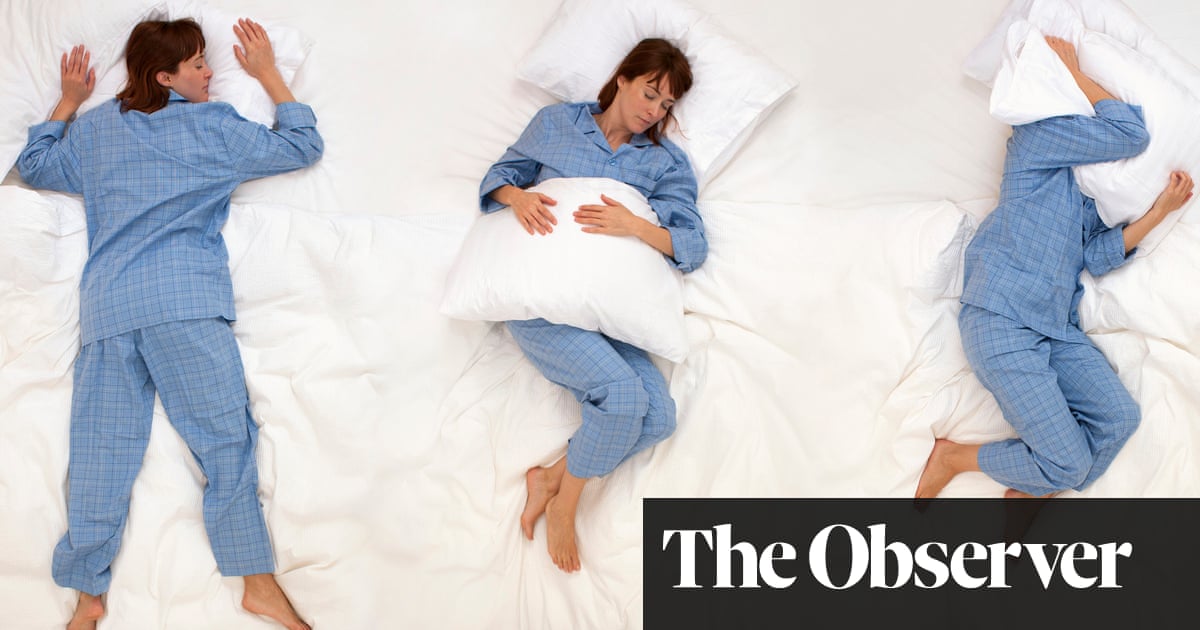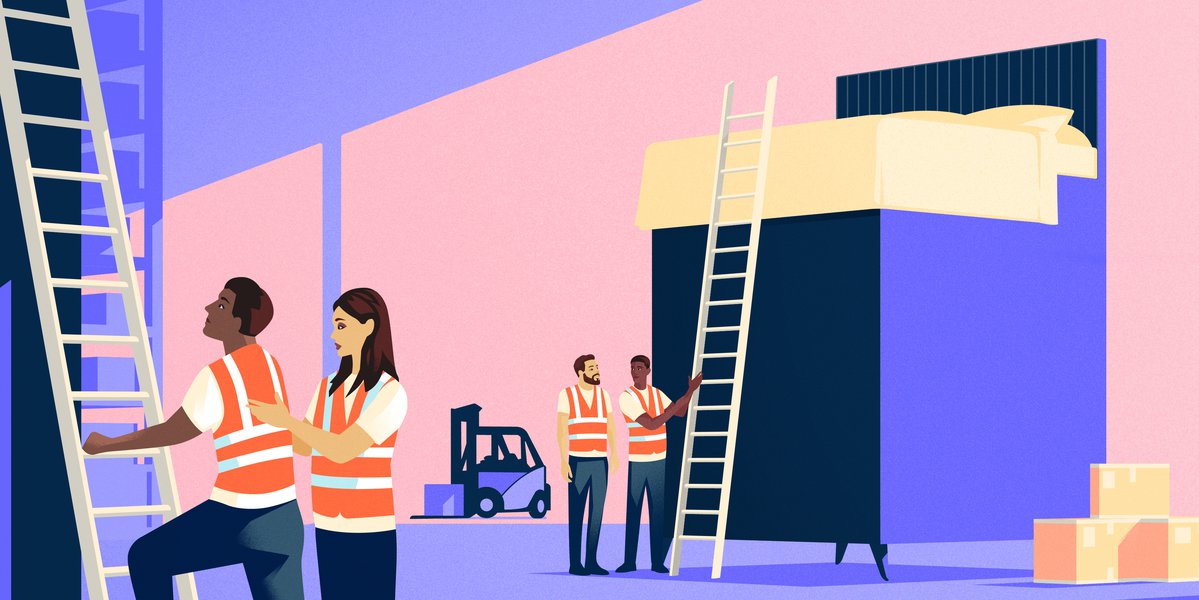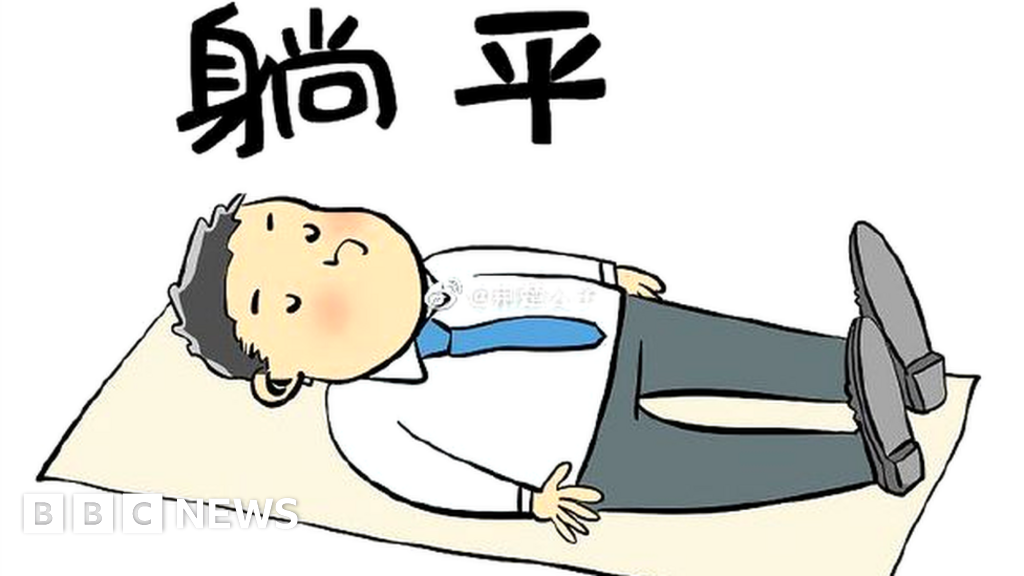You gotta fight, for your right...to sleep
Sleep has become a social justice issue.
The world is in the midst of a silent, largely unrecognised epidemic that is severely negatively effecting the health and wellbeing of millions of people.
Yes, sleep deprivation is extremely dangerous and according to researchers is increasingly considered to be the primary catalyst for a whole host of other health-related complications; such as heart disease, cancer, depression and ultimately a shortening of lifespans.
Evidence suggests that 'after just one night of only four or five hours’ sleep, your natural killer cells – the ones that attack the cancer cells that appear in your body every day – drop by 70%, or that a lack of sleep is linked to cancer of the bowel, prostate and breast.'
Increasingly there is also now more of an understanding of what is being termed 'sleep inequality' - sleep disparities based on gender, ethnicity and occupation.
'In April 2020, just after the UK lockdown began, a University of Southampton study found that sleeplessness due to worry in April 2020 (just after the UK lockdown began) increased from about one fifth to one third of women and people from minority ethnic backgrounds. Sleep problems among frontline workers in health, social care, education and childcare, of which both women and people of minority ethnic backgrounds are overrepresented, rose from 16 percent to 29 percent after lockdown started. What’s more, sleep disruption is well-reported amongst shift workers among whom minority ethnic backgrounds are again overrepresented.'
Sleep has become a social justice issue.
Movements like The Nap Ministry and The Lying Flat Movement are taking up the fight for people's right to good sleep and rest.
If companies like Netflix and Facebook had their way, people would never sleep. They would just stay glued to their screens, adsorbing endless streams of mindless content.
As much as there are a great many new products and apps and potions that can help people get a better night's rest, the emphasis really needs to be on the underlying structural reasons for this global sleeplessness epidemic, which includes 'long working hours, anti-social working patterns and stress resulting from toxic workplace cultures.'
Sleep is in many ways part of a new frontier of resistance. Better rested people make for better employees and members of society. It's high time that leaders and policy makers take the quality of people's sleep a lot more seriously.






